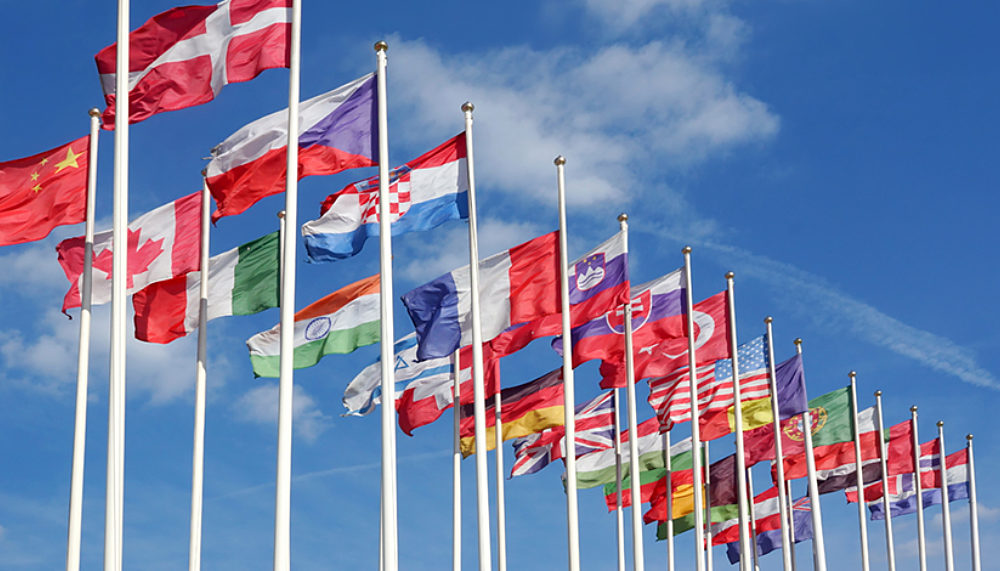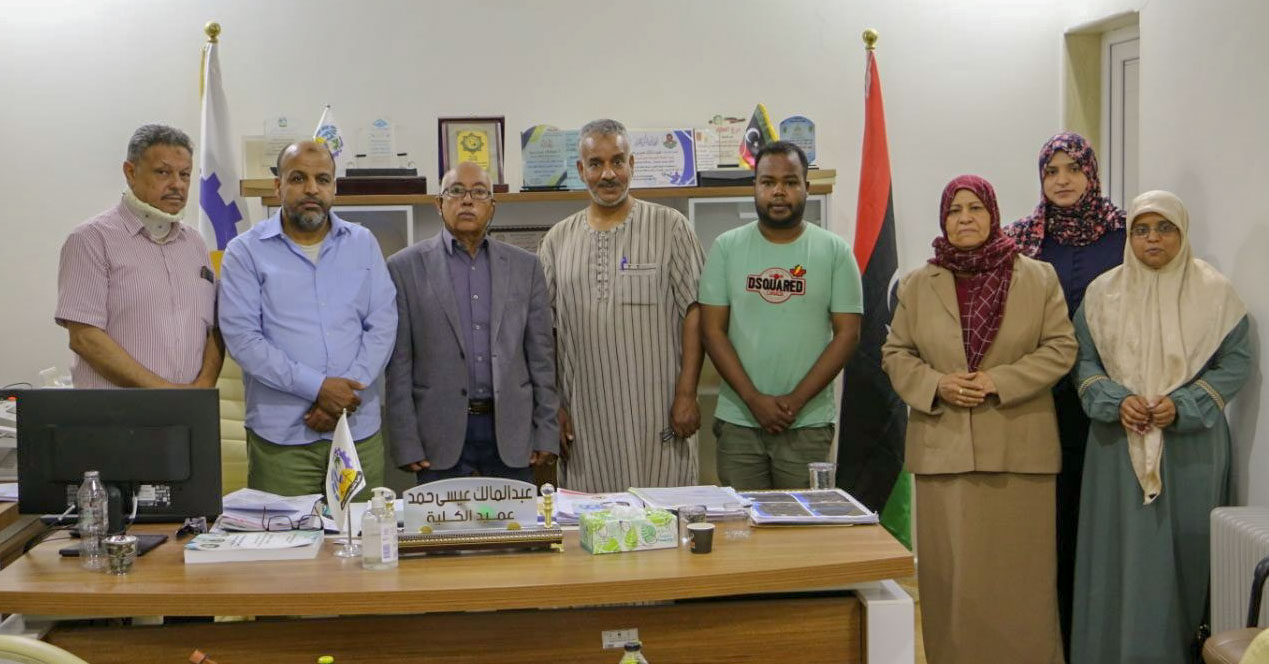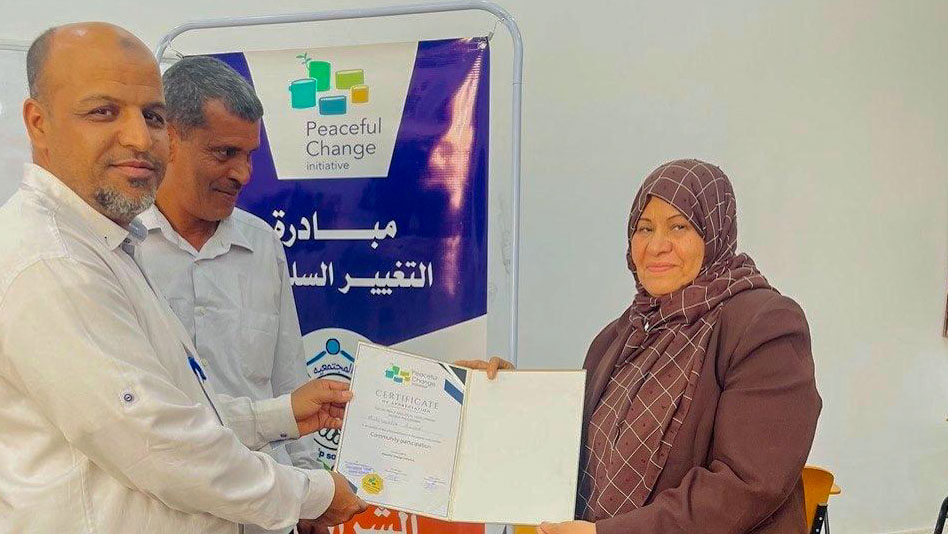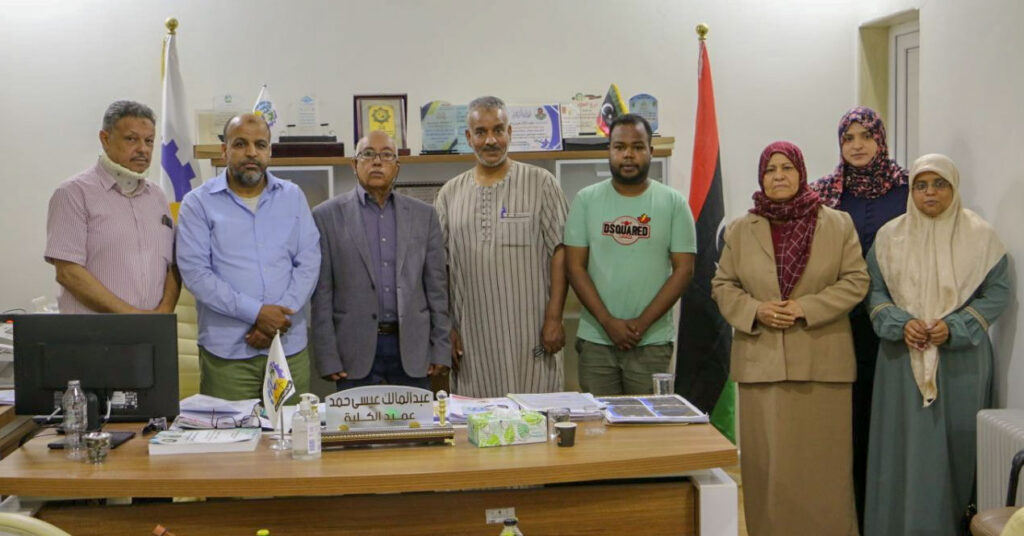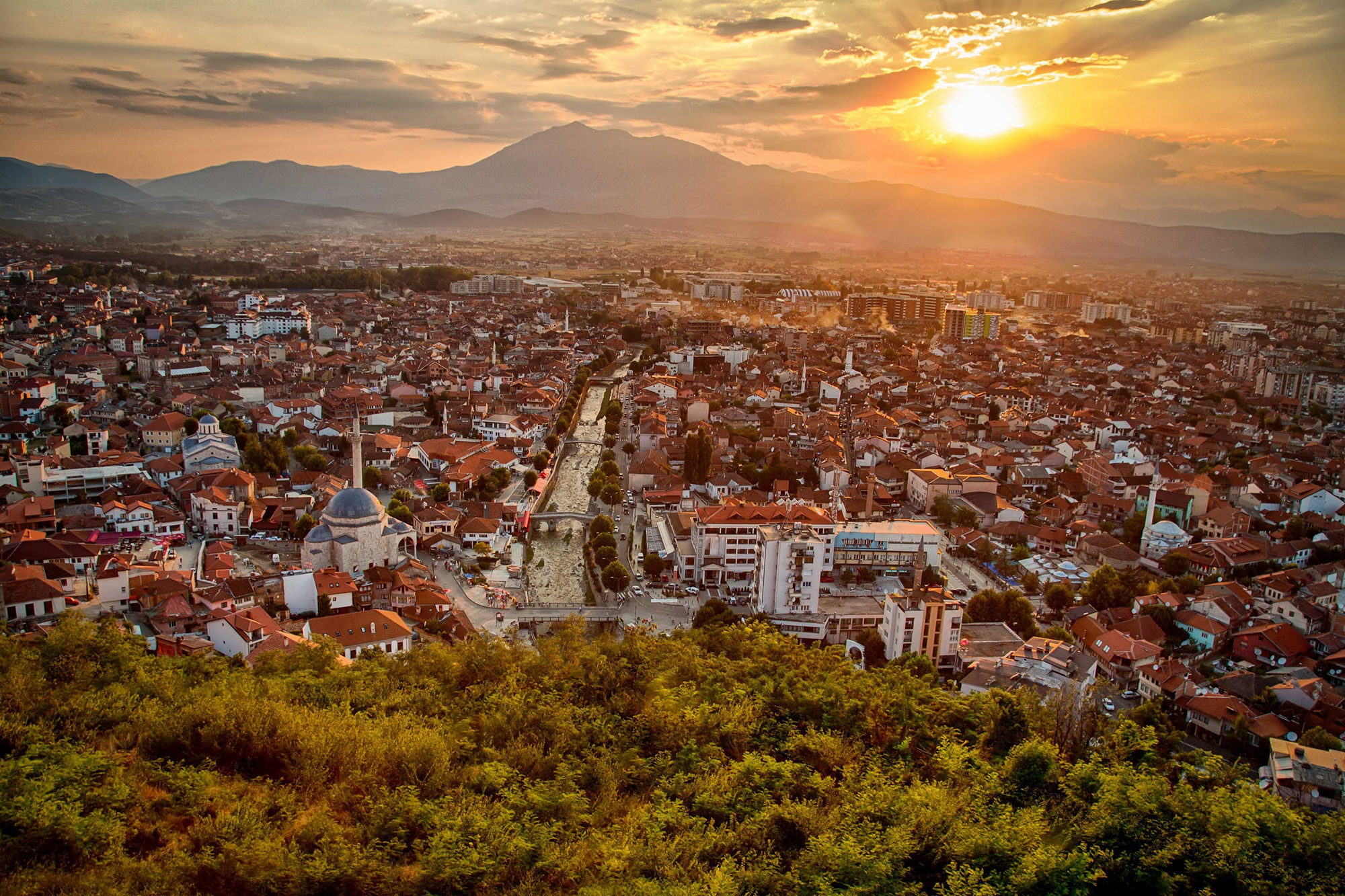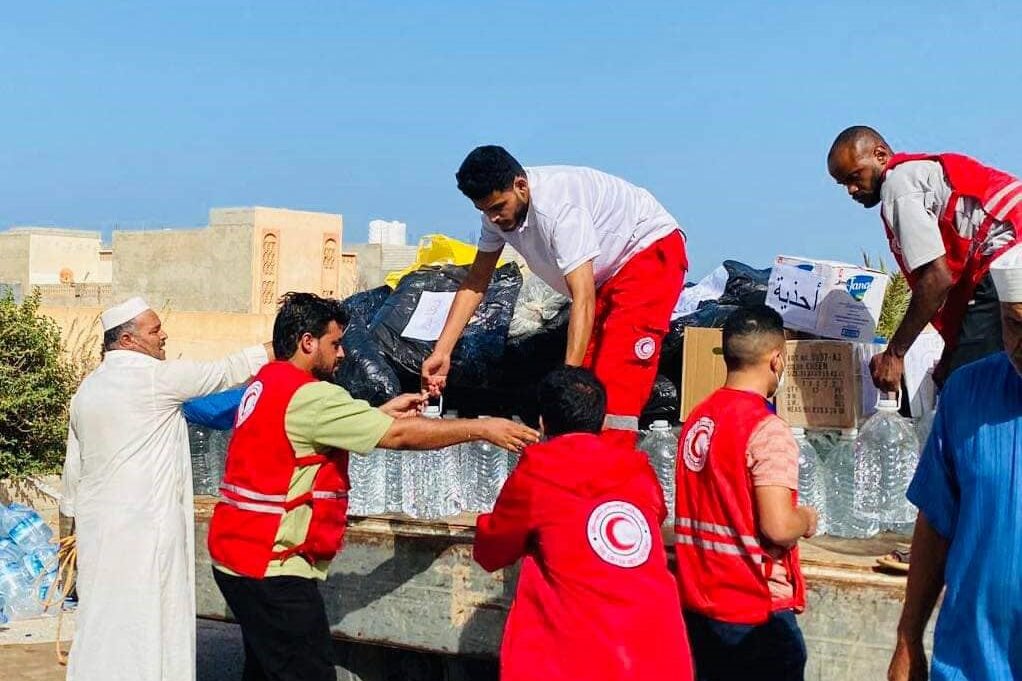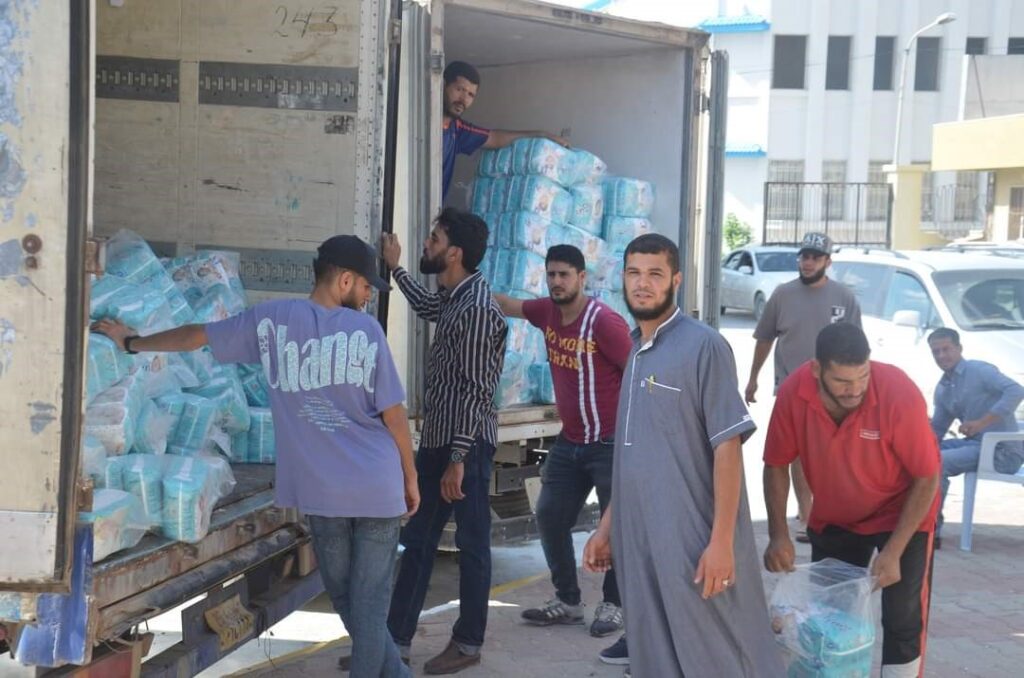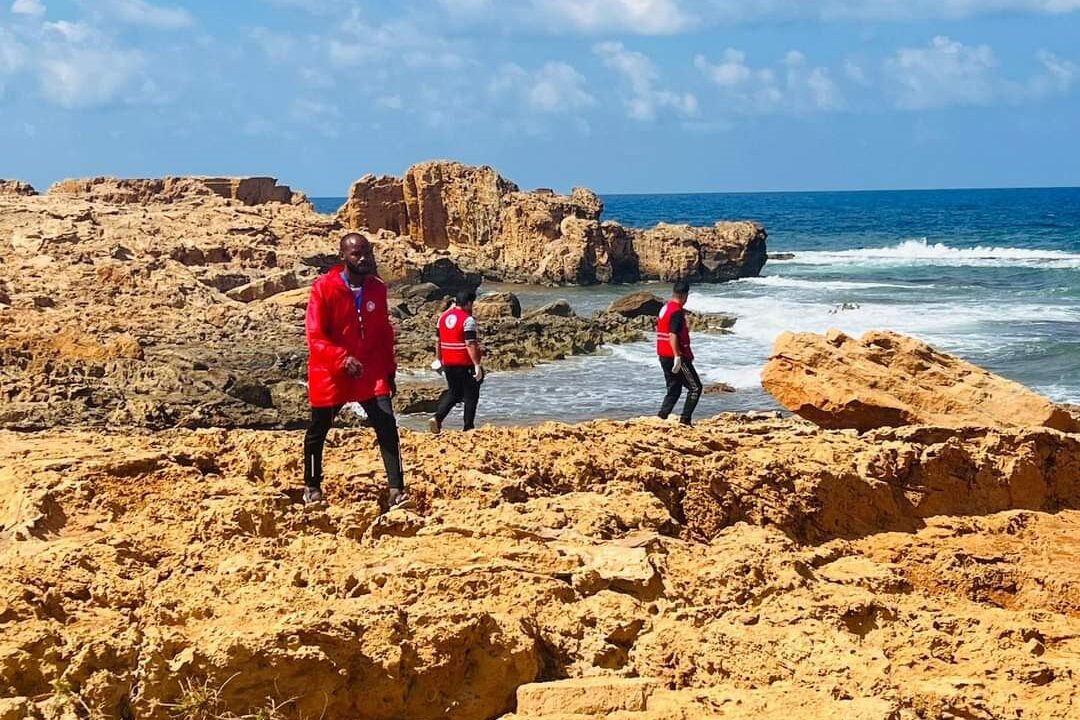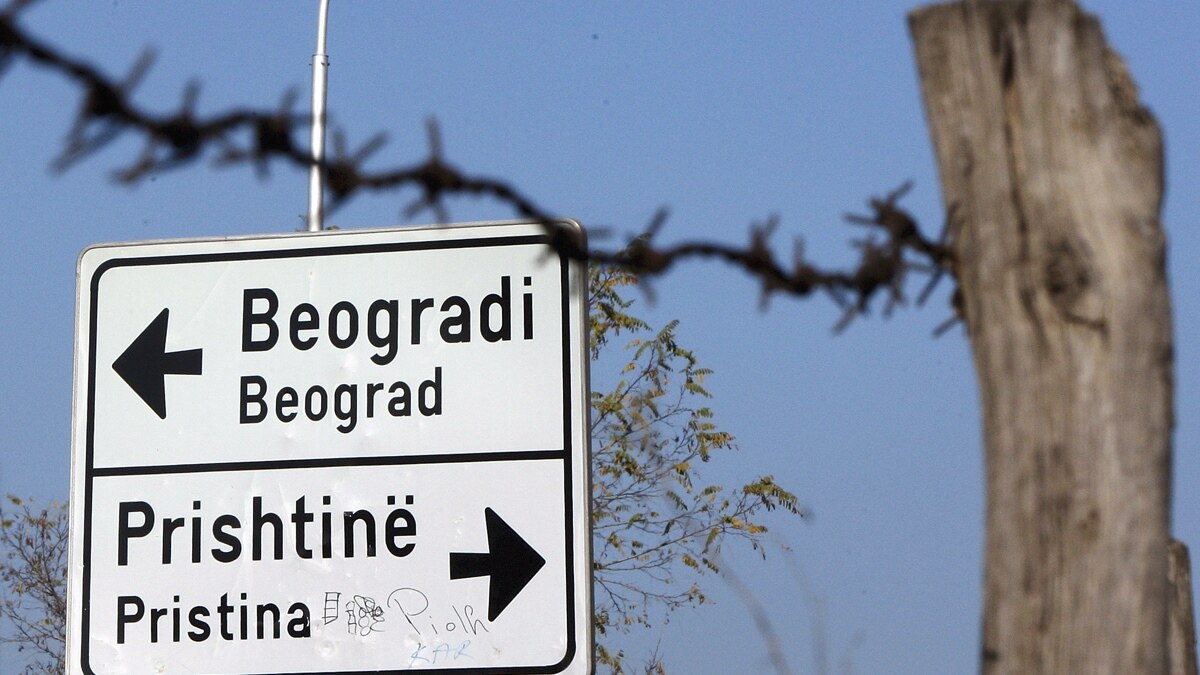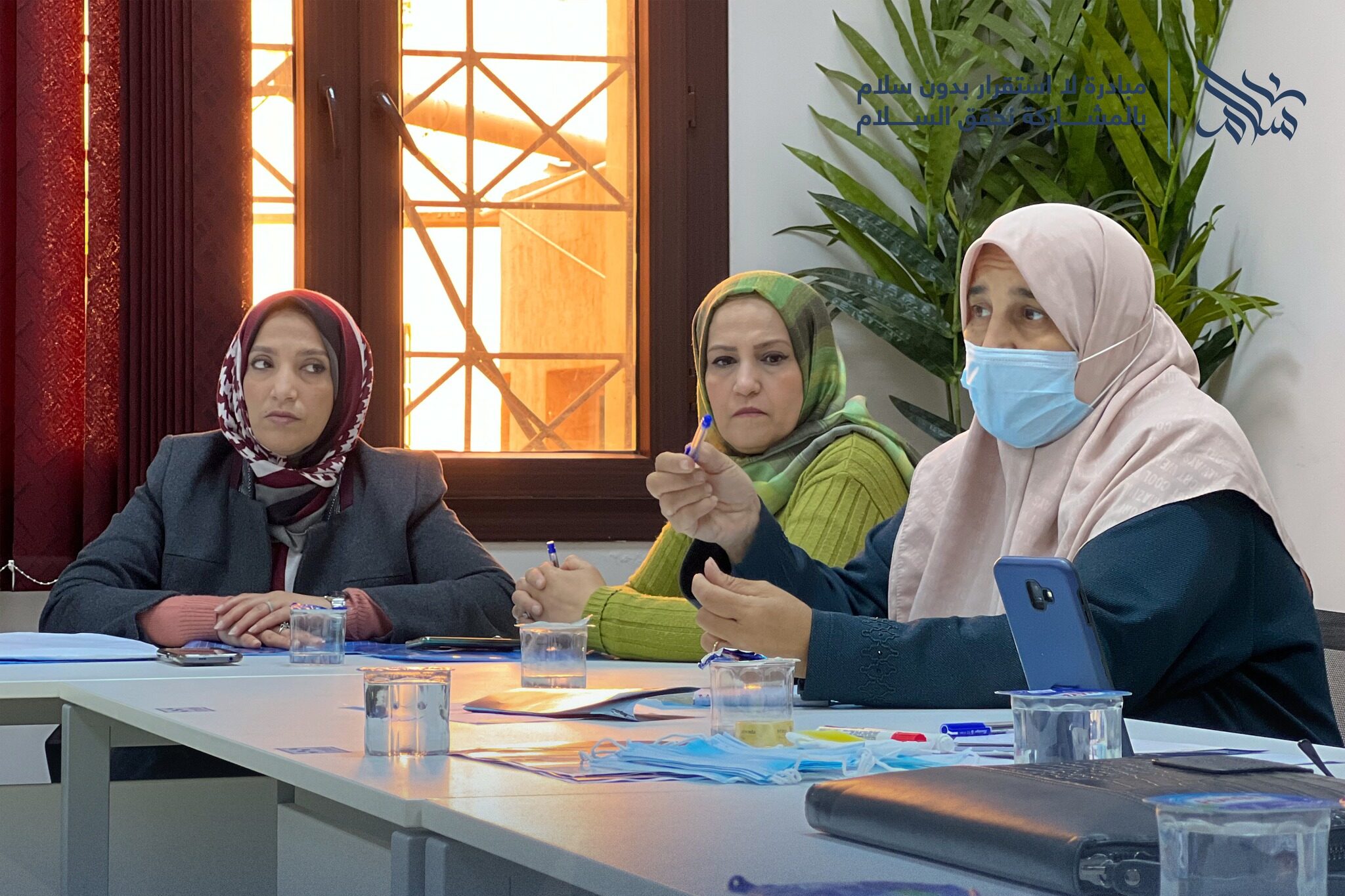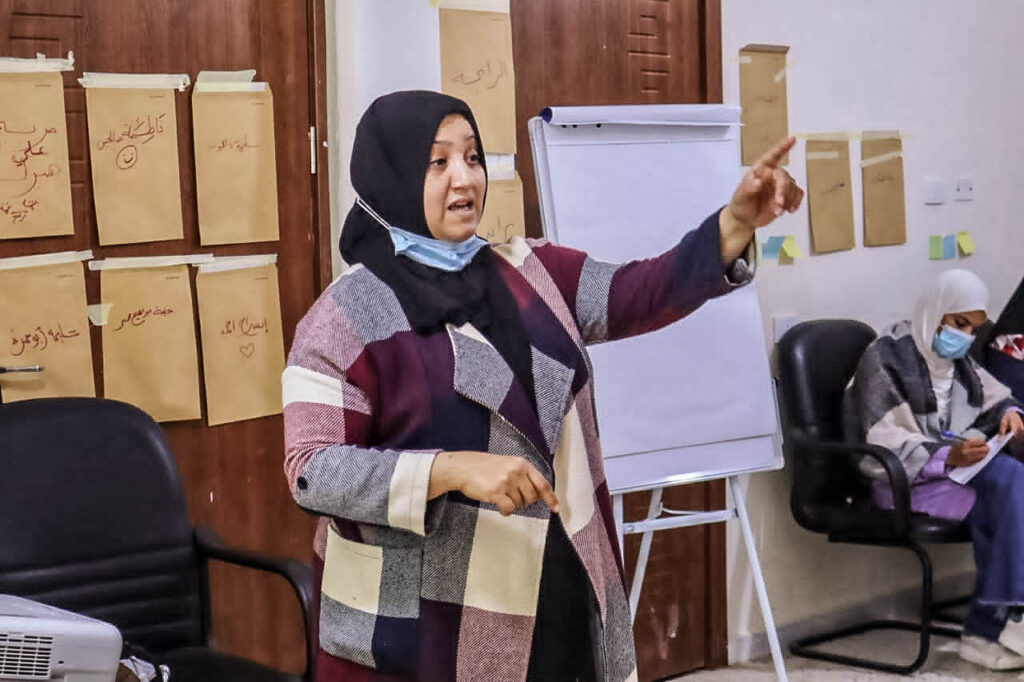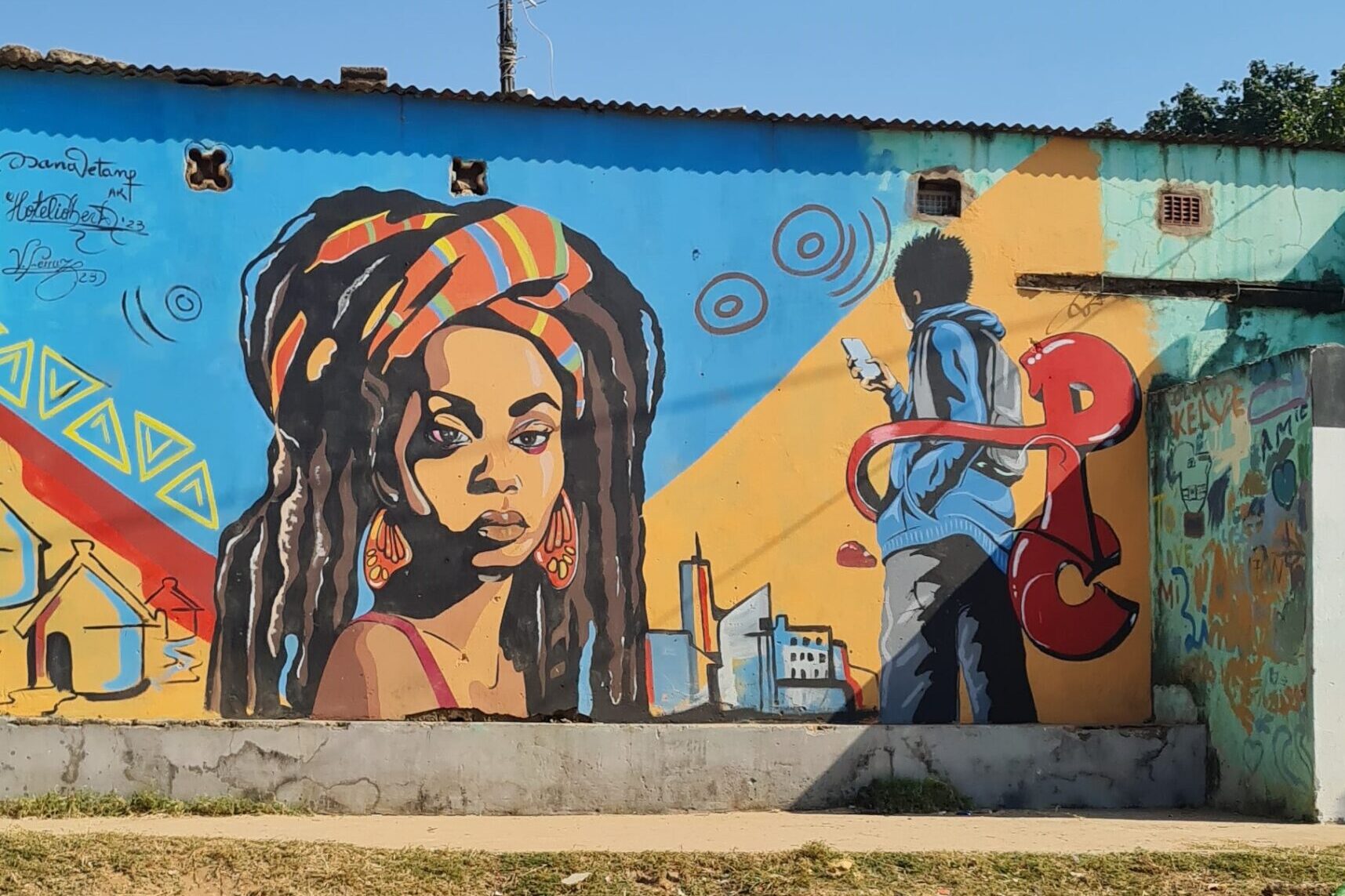
Humanitarian aid and development agencies working in Mozambique’s conflict-affected Cabo Delgado region are increasingly coming to terms with the risk of exacerbating conflicts and the need to adopt conflict sensitivity measures. There is ample evidence demonstrating the complicated interrelation between aid interventions and conflicts, and how aid may inadvertently prolong or create conflicts.
This blog post, a summary of a longer piece presented at the 2024 OMR annual conference entitled ‘Drivers of conflict in Mozambique’, discusses two ways in which aid interventions and the conflict in Cabo Delgado interact. The article is based on PCi’s experience of supporting international organisations to integrate conflict sensitivity into their programmes since 2022.
Interaction number one: Theft and diversion of aid
The first, and probably the most intuitive, way in which aid can interact with the conflict context is through the theft of goods which are used strategically or to fund the military struggle. The attack on Macomia in May 2024, when insurgents looted NGOs’ offices represents a clear example of the materialisation of this risk. As the risk-management company Focus Group reported “The looting of military bases, commercial establishments and NGOs forms a key part of the insurgent’s modus operandi and expands their arsenal, ammunition and food stockpiles”.
On the other hand, humanitarian and development agencies should also consider that looting and diversion may involve other stakeholders than the insurgents. We can speak of diversion for example when the lists of beneficiaries of aid are altered by formal or informal leaders in order to favour friends, family or clients. Ayuda en Acción reported that ‘people complain that some chiefs register their relatives on the lists of displaced persons in their neighbourhoods so that they have access to humanitarian aid, to the detriment of the families who should have this right’.
With this in mind, it is important to consider how the diversion of aid may be perceived in the context of Cabo Delgado, where some of the main reasons for young people to entrar no mato (join the insurgency) are the lack of economic opportunity, and a way to protest against an ineffective or corrupt state.
Interaction number two: Distribution of aid
Another way in which aid interacts with conflict dynamics is by affecting intergroup relations at the point of its distribution. The selection of beneficiaries and participants by humanitarian and development organisations, as well as their own hiring practices and geographic reach, may advantage or disadvantage some groups over others.
A widely discussed case, and one that has been partially addressed by many implementers, regards the different treatment of internally displaced people (IDPs) hosted in resettlement camps and the communities living nearby those camps. Solidarity between these communities was a key ingredient in limiting the disastrous effects of war on those who had to flee their homes. However, as CARE Mozambique reports in 2022, ‘there are evident signs of solidarity fatigue and tensions between IDPs and host communities result in frequent conflicts’. These conflicts are unwittingly reinforced by aid agencies who deliver aid goods and activities solely to IDPs and not the communities that they are living amongst.
The same kind of interaction can be observed regarding the hiring practices of organisations working in the North of Mozambique. Many of the employees of national and international organisations are either foreigners or are from different regions of Mozambique. This is understandable, it is not easy for organisations working there to hire locally, due to the level of demand for highly specialised workers. However, local communities perceive even Mozambican outsiders as vientes (foreigners) and see them as significant beneficiaries of aid. This combined with the fact that most humanitarian and development agencies visit communities in expensive vehicles and house international staff and offices in costly locations – both important from a security perspective – further reinforces the message that the aid sector is a profitable industry.
Mitigation measures
While strategies to adapt to the risks identified above need to be tailored to the context and the type of intervention, we have identified common good practices that minimise these risks, and that maximise opportunities to contribute positively to peace and social cohesion.
First and foremost, it needs to be noted that we advocate for minimising risks, not eliminating them. “Doing not harm” is often an unattainable goal. For example, if the delivery of life-saving goods to communities risks being stolen by armed groups, and there is no way to avoid this risk, the first consideration needs to be of the consequences, should this happen. If the benefits of the delivery outweigh the risks, then we adopt strategies to minimise these risks. These might relate to the timing and location of the delivery, or what oversight and complaints mechanisms we have that will let us know if diversion is taking place.
Having staff from the places where aid is delivered, who speak the local languages and know how to negotiate access is of paramount importance. Negotiating access with traditional and political leaders at the local level is by no means an easy task, and we have witnessed organisations having to accept the directions of these leaders unquestioningly when staff don’t have the language or connections to engage in dialogue. This increases the risk of diversion of aid or missing people who should have benefitted.
When it is not possible to hire expertise locally, agencies can consider working with local partners or peer organisations to build a granular understanding of the socio-political dynamics at the local level.
The finite nature of aid also needs to be considered. There is no way to distribute the available aid that will not create some level of discontent. Selection criteria need to exist and these criteria will inevitably exclude some people. Many agencies have now stopped selecting beneficiaries based on their status (for example as IDPs) but no select on the basis of need. Others have invested in communicating the criteria for participation upfront, explaining when and why they focus on IDPs.
To address the perception of aid disproportionately benefitting outsiders and foreigner, sustainable partnerships with local activists and organisations can be developed. Building the capacities of local organisations to gain their independence from organisations based in the Global North or in Maputo is a long-term process, but a process that can bring mutual benefits, with outside organisations gaining the expertise to work in a way that is culturally- and conflict-sensitive whilst supporting local organisations with financial and technical capacity.
What’s next?
Further research on the impacts of aid on the conflict dynamics of Northern Mozambique is needed. This will also help us to better understand the potential for humanitarian and development interventions to address the root causes of conflict and build sustainable peace.
PCi is currently working with national and international organisations and donors in Mozambique to explore ways in which the conflict sensitivity of aid can be strengthened in a coherent and sustainable manner. We believe that an effective way to do this is by establishing a conflict sensitivity facility that can provide tailored analysis and guidance to agencies working in Mozambique.
The blogpost is a summary of the paper presented at the 2024 OMR annual conference entitled Drivers of conflict in Mozambique. For further information please contact Lorenzo Giuliani (lorenzo.giuliani@peacefulchange.org).

